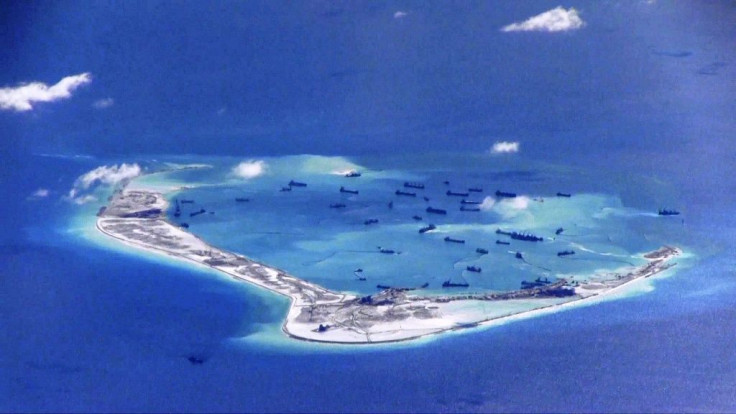South China Sea Dispute: Australia-Indonesia Joint Patrols Unlikely, Australian Foreign Minister Julie Bishop Says

Australian Foreign Minister Julie Bishop played down the likelihood of conducting joint navy patrols in South China Sea with Indonesia, according to reports Monday. Her comments came after Indonesian President Joko Widodo said last month that the two countries will have patrols together if tensions flare up in the disputed region.
Bishop said in Jakarta that it was her "understanding the president was talking about coordinating our efforts in terms of freedom of navigation and freedom of overflight so there was unimpeded trade."
"It was a question of joint exercises not joint exercises as we would understand it," she said in Jakarta.
Last month, Widodo commented on the possibility of joint patrols in the South China Sea — mostly Indonesia's Natuna Islands.
"If there is tension like last year, it's difficult to decide this program. But if there is no tension I think it's very important to have patrols together. We will discuss this with [Australian Prime Minister Malcolm Turnbull]," he said at the time.
Australia reportedly has economic interests in the South China Sea, along with freedom of trade and navigation, in the contested waters. Since 1980, the country has been carrying out its air surveillance operations in the South China Sea and Indian Ocean called Operation Gateway.
China has laid claims to almost all of the South China Sea region angering its other claimants including Indonesia, Brunei, Malaysia, the Philippines and Taiwan. Beijing has also reportedly built runways and ports claiming that it adds to the safety of the region, through which about $5 trillion worth of maritime trade passes every year.
Last month, Wang Guoqing, a spokesman for the fifth session of the 12th National Committee of the Chinese People's Political Consultative Conference, said freedom and safety of navigation in the South China Sea is more important to China than for any other country.
"We have set up cooperation mechanisms with many other countries to ensure safe navigation," he said at the time.
Wang’s comments came after the U.S. dispatched its aircraft carrier USS Carl Vinson on freedom of navigation patrol in the South China Sea that month.
© Copyright IBTimes 2024. All rights reserved.






















